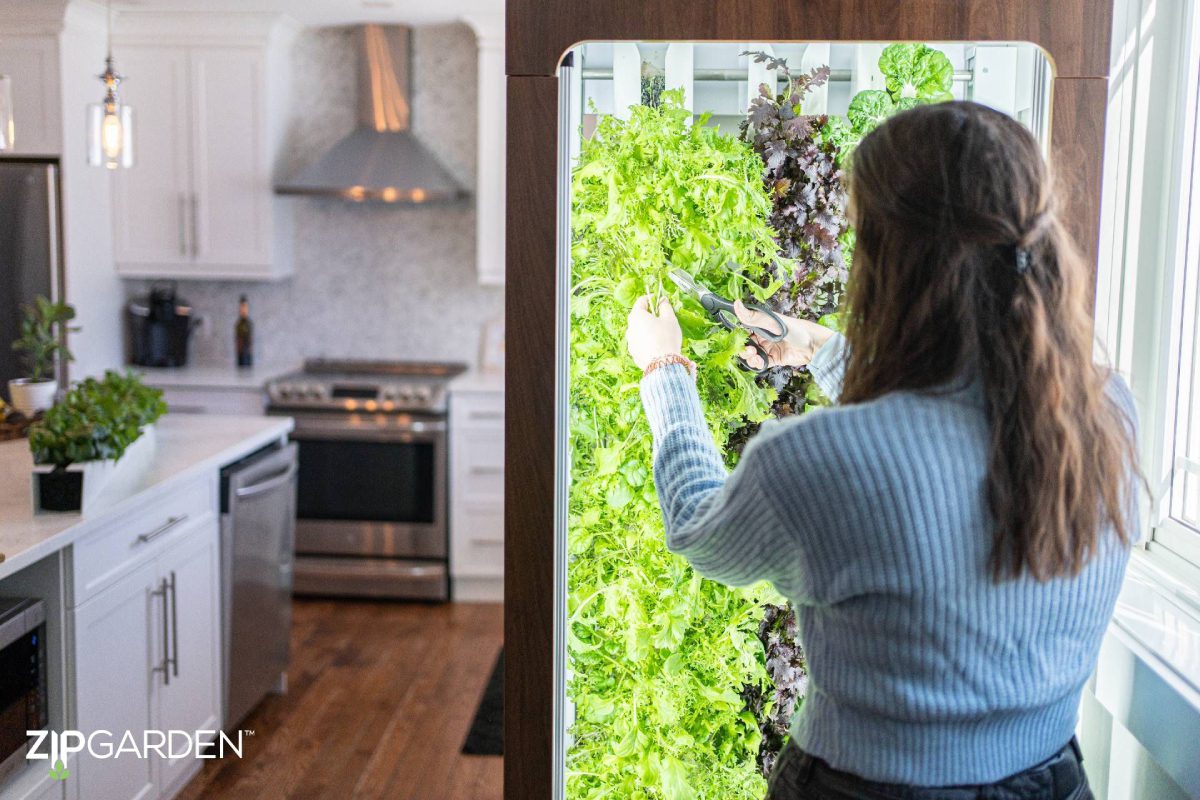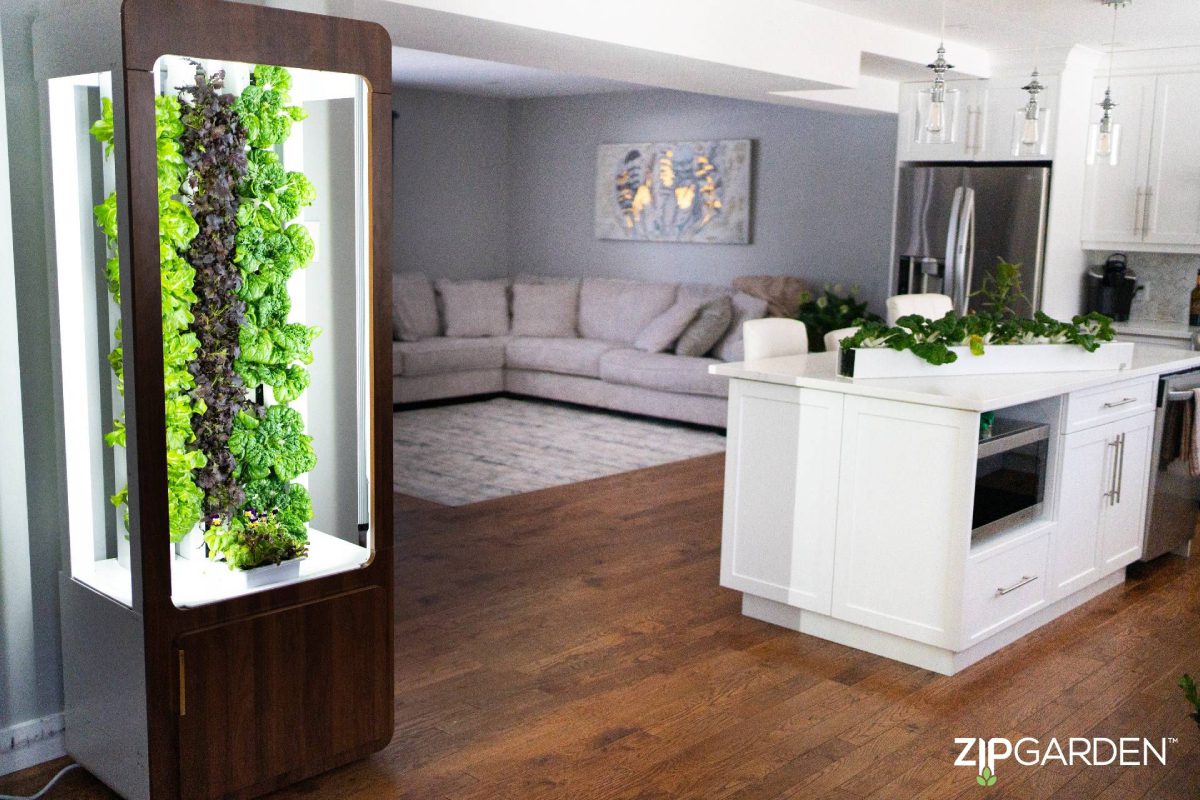ZIP GARDEN

Established beneficial effects on physical and mental health
The World Health Organization (WHO) defines health as “a state of complete physical, mental, and social well-being and not merely the absence of disease or infirmity.” Good health includes physical, psychological, and spiritualwell-being. There is substantial evidence that frequent contact with natural environments has beneficial effects on both physical and mental health, including reduced risk of diabetes, heart disease, enhanced longevity, and for our interest today, lessening symptoms of stress, depression, and anxiety.
Life Satisfaction and Wellbeing
Regular gardening has also been shown to enhance overall life satisfaction, general well-being, cognitive function, and community engagement. The medical profession acknowledges that regular contact with nature, including spending time outdoors working in a garden, is a cost-effective, preventive therapy. For all of these reasons "horticultural therapy" is now widely recommended for a variety of medical and mental health problems. Horticultural therapy entails the engagement of a person in gardening or other plant-based activities, facilitated by a trained therapist to achieve specific goals, such as lessening a depressed mood, enhancing stress management skills, and improving the overall quality of life.


Quality of Life
Gardening enhances the overall quality of life and decreases the severity of depression, anxiety, and other mental health problems
A 2017 meta-analysis identified 21 English language studies on health outcomes related to gardening published in peer-reviewed journals between 2001 and 2016. Gardening types examined included daily gardening and short-term gardening. Eleven studies focused on patients with serious mental health problems, such as major depressive disorder and Alzheimer’s disease. Eleven studies focused on the benefits of gardening in individuals without serious medical or mental health problems.
Stress Reduction
The authors found that participating in gardening activities reduced the severity of depressed mood and anxiety, reduced stress, and enhanced overall quality of life. Another significant finding was a cumulative positive effect on mental health from repeated short-term engagement in gardening activities. No significant differences in outcomes were found with respect to differences in the socio-economic status of gardeners. Three studies included in the analysis showed that even short-term involvement in gardening (e.g., several hours) led to rapid improvements in symptoms of depressed mood and anxiety; however, it wasn’t clear how long such improvements lasted.


Benefits of Structured Learning
Individuals participating in horticultural therapy experienced more significant improvements than individuals who engaged in gardening activities in a less structured way, and these improvements continued three months after therapy had ended. Multiple causal mechanisms may help explain relationships between gardening and improved physical and mental health, including general health benefits of direct contact with nature, which may be "cognitively restorative" and may result in "restoration of attention fatigue."




